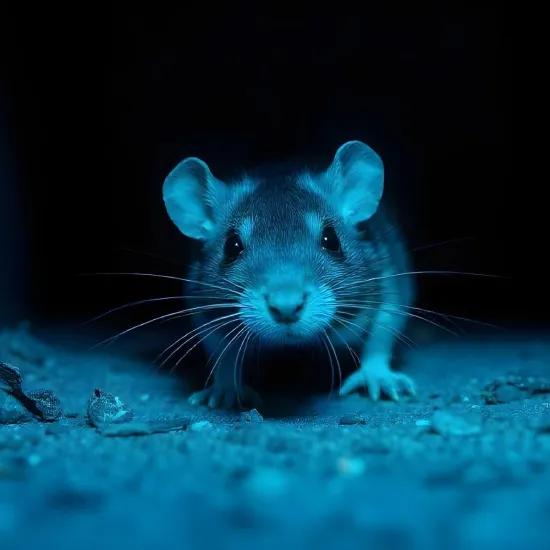An innovative circular model is not a standard R&D project: it requires a structured process approach that goes far beyond the product and requires quick tests and continuous adjustments from entrepreneurs. These are the main findings of the pilot project Expedition Circular, a collaboration between VITO, Agoria, Sirris and Start it @KBC.
The business community is also now starting to take full action to reduce global warming. The circular economy will play a crucial role in this. The interest in circular business is growing strongly, but the transition to a fully circular business model is complex. There is often a deep gap between the inspiration phase and the implementation phase.
VITO, Agoria, Sirris and Start it @KBC joined forces to support companies in this circular transition. Four companies joined Expedition Circular: More (a start-up which processes plaster waste into interior products), ETAP (lighting), Out Of Use (recycling of ICT and electrical/electronic waste) and HaTwee (powder coating).
The aim of Expedition Circular is to achieve both a sustainability and economic impact and to turn these four companies into real pioneers in their sector by achieving a tipping point in accelerating their circular business model. But the design of Expedition Circular goes beyond the companies that participated in the experiment, it also wants to structurally connect the supporters in the circular economy, in order to gain more insight into the process-based approach of circular models. In this way, companies with circular ambitions are offered a broad and accessible network. After all, it is extremely important for companies to be able to obtain the right expert and support at the right time. Just like no company can be circular on its own, there are no experts in all aspects of the circular economy. Cooperation is necessary at all levels.
Lessons for circular entrepreneurs
Expedition Circular provides some important lessons for circular companies:
- Developing an innovative circular business model is not a standard R&D project. It is crucial to test the assumptions in the circular model early on so customers and other stakeholders quickly get an idea about the feasibility. You shouldn’t wait until the circular solution is completely finalised.
- A structured process approach provides support and the necessary overview. This process also transcends the product. Too many circular entrepreneurs focus only on the product, while a circular model is just as much about waste, transport, storage, emissions, ownership, behaviour, relationships ...”.
- The project has clearly demonstrated that the sharing of knowledge, expertise and networks is bearing fruit. A powerful ecosystem can also give circular entrepreneurs an enormous boost.
The pilot project lasted one year and is a crucial first step in building an ecosystem to support circular entrepreneurs and boost the circular economy. The pilot project has also allowed Sirris to gain additional insights that we are once again sharing to help companies move forward on their way to a circular process: https://www.sirris.be/expertise/circular-economy




